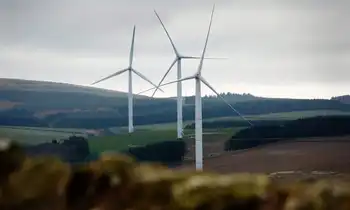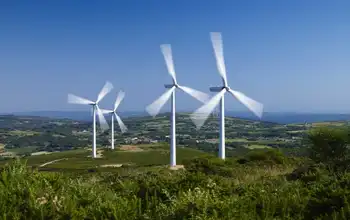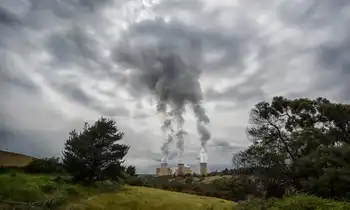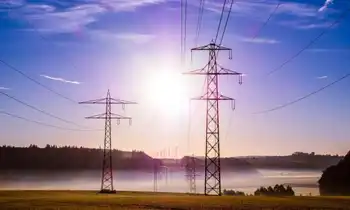Politician tables bill to deter copper theft in Canada
“The introduction of this bill is a positive development,” said Jim Burpee, President and CEO of the Canadian Electricity Association, or CEA. “Given the high price of copper, copper thefts are on the rise. These thefts pose a real and significant threat to the safety of Canadians and the reliability of our system.”
CEA began the national discussion on copper theft on March 3, 2014 by launching a policy paper that highlighted the consequences of copper thefts across the country and outlined four detailed recommendations.
The recently-tabled bill seeks to define and add consideration of copper stolen from critical infrastructure, enabling the crime to be considered mischief instead of a minor theft. This change intends to ensure that guilty parties are liable for all damages related to the theft, not only the cost of copper stolen, which is currently the case.
Since 2010, media reports show that many people have suffered serious injuries from copper theft and tragically eight people have lost their lives. While costly to the electricity sector, approximately $40 million each and every year, copper theft is also costly to other sectors and businesses across the country.
Additionally, these thefts pose a significant threat to the reliability of CanadaÂ’s electricity system, putting Canadians in vulnerable situations such as loss of access to 9-1-1, medical care, and other critical services.
Related News
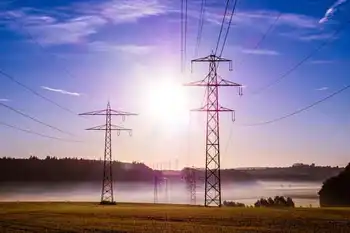
Octopus Energy and Ukraine's DTEK enter Energy Talks
KYIV - Octopus Energy, a prominent UK energy firm, has begun preliminary conversations with Ukraine's DTEK regarding potential collaboration to refurbish Ukraine's heavily damaged electric infrastructure.
Persistent assaults by Russia on Ukraine's power network have led to significant electricity shortages in numerous regions.
Octopus Energy, the largest electricity and second-largest gas supplier in the UK, collaborates with energy firms in 17 countries using its Kraken software platform. This platform is currently being trialled by the Abu Dhabi National Energy Company (Taqa) for power and water customers in the UAE.
A spokesperson from Octopus revealed to The National that the company is "in the…


